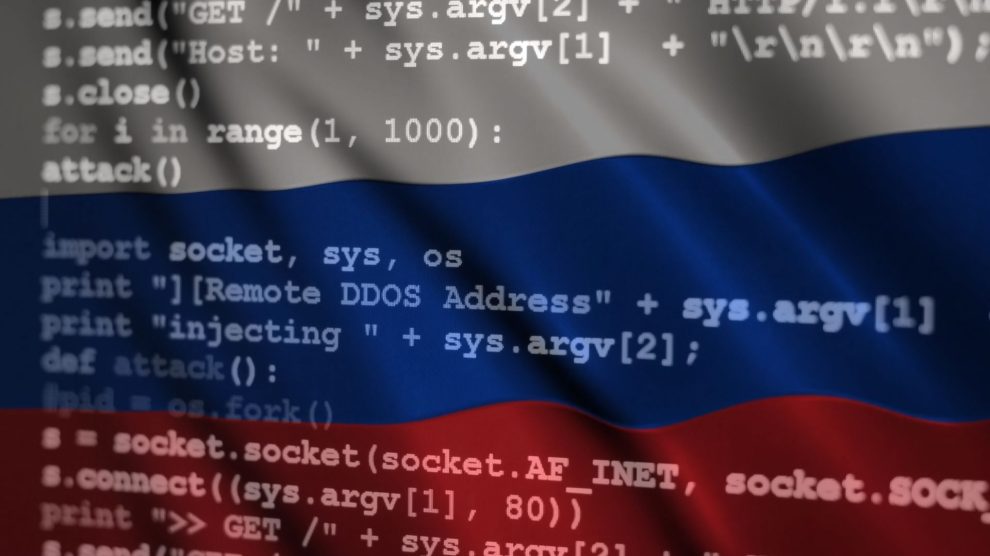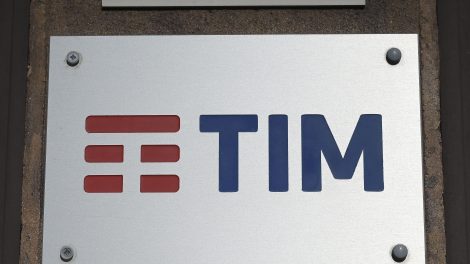Russians are a-hacking (again). On Saturday, the Italian Ministry of Agriculture’s webpage became briefly unavailable. But although it had been a cyberattack, as the Italian National Cybersecurity Agency confirmed on Monday morning, it did not result in data breaches or lasting damage.
- While performing its daily monitoring activities, the NCA’s Computer Security Incident Response Team identified “an increase in Distributed Denial of Service attacks by groups of hacktivists – according to open sources, of Russian origin – to the detriment of national institutional subjects,” reads a note from the NCA.
- DDoS attacks are brute-force in nature, flooding websites with huge amounts of requests so as to make them crash.
- The attacks appear to be “currently of a ‘demonstrative’ nature” and “do not appear to have affected the integrity and confidentiality of the information and systems concerned.”
But Italy is watchful. The communiqué explains that the NCA, led by Director Roberto Baldoni, “monitors with the utmost attention the operation of institutional sites – ministries, authorities, agencies, constitutional bodies, etc. – and of organisations that manage essential services for the community.”
- Given what happened, the NCA “recommends maintaining a high level of attention on the protection of one’s own IT infrastructure, and verifying and increasing protection measures against DDoS attacks” – which according to open sources, “are destined to continue or intensify in the coming months,” reads the note.
A systemic threat. In the same hours, PM Giorgia Meloni gave a speech at the closing session of ISPI’s Mediterranean Dialogues conference. She noted that “the Russian aggression against Ukraine constitutes, in light of its dramatic human, social and economic costs, a clear watershed. It makes it irreversibly clear that to talk about security today – and, above all, to achieve it – it is necessary to [embrace] an extended meaning of the concept of security, which includes political solutions, institutional consolidation, civil reconstruction, as well as actions to safeguard the human, cultural, environmental, energy and food dimensions to an equally profound extent.”





